Episode 02: Build Your Relationships
I learned very quickly that relationship building is super important and dangerously underrated in clinical research. The relationships you forge (or don’t) with your PI, subjects and CRAs can make all the difference.
Here are some simple, easy ways you can start strengthening your relationships and how they can benefit you in the long run.
+ Full Episode Transcript
Brad Hightower:
Hey guys is Brad Hightower back with episode two of the note to file podcast, a collection of interviews, best practices and ramblings from clinical research sites. Today, were going to talk a little bit about the importance of relationships in clinical research. I'll admit that the significance of relationship. Wasn't really apparent to me early years in like clinical research career. As a result, I had a lot of unnecessarily frustrating experiences. So if you're a clinical research coordinator, I really want to emphasize that strong relationships with investigators, patients and CRA's can make a significant difference in the success of your career. So in my opinion, it all starts with the investigators.
If you're part of a large institution or an otherwise busy practice, you know, the clinical research can often be an afterthought. However, if you have a strong relationship with your investigators that are much more likely to refer patients to you on a regular basis, they also might be a little less likely to roll their eyes when you hand them a stack of papers with sticky notes, for them to sign or have to schedule time for them with a monitor. It's also important to have a strong relationship with your patients. Initially, the trust you build with patients might be the difference between consenting them to participate in your trial or them declining to move forward. I've also found patients with which I've developed a stronger relationship are a lot more likely to comply with protocol requirements, report AEs and medication changes, and a lot less likely to withdraw throughout the course of a trial.
Lastly, it's important to have a strong relationship with your CRA not only can this make your job easier and more pleasant, but it can lead to additional study opportunities down the road. Also, I've seen a fair amount of clinical research coordinators make the leap into becoming CRA's based off from referrals from current CRA is with whom they've had a strong relationship. So if you're a clinical research coordinator or working at a site level, please don't neglect the importance of relationships with those around you. They might make the difference between success and failure. Let me know what you think.
Thanks so much for listening to Note to File podcast. Please make sure to rate, review ,and subscribe. Check us out at notethefilepodcast.com.

